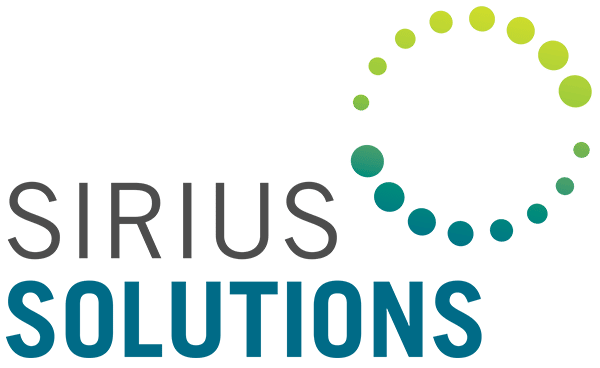Artificial Intelligence (AI) has evolved significantly since Alan Turing’s influential paper in 1950. Today, AI-powered machines are programmed and equipped with data analysis tools to think, learn skills, and gain insights from complex datasets.
AI recognizes patterns in data, determines relationships among variables, draws conclusions based on evidence, solves problems, and identifies anomalies much faster and more accurately than humans. It is no wonder that AI and machine learning are transforming how we do business and that leveraging artificial Intelligence to boost sales performance within the Salesforce CRM ecosystem is no exception.
AI optimizes sales performance with existing customers, identifies new earnings opportunities, and automates time-consuming tasks. In this blog post, we’ll explore each, focusing on how leveraging Salesforce CRM leads to revenue growth.
Optimizing Sales Performance of Existing Customers with Salesforce and AI
The success rate of selling to a current customer ranges from 60-70%, compared to a 5-20% success rate of selling to a new customer. So, the more you know about and understand your existing customers’ buying behaviors, the better you can anticipate and meet their future needs and optimize their sales potential.
AI in Salesforce CRM analyzes vast amounts of data and identifies patterns and trends that might not be immediately apparent. AI-powered customer insights identify new sales opportunities with existing customers, optimize the sales team’s outreach efforts, increase sales, and generate revenue growth.
AI is particularly beneficial to:
Analyze customer data: AI analyzes customer data to identify buying patterns, preferences, trends, and behaviors, helping sales teams uncover new opportunities for upselling and crossing-selling with existing customers.
Automate product bundles: AI automates product bundling recommendations based on individual customer profiles and buying patterns. Providing customers with unique purchase opportunities demonstrates that you understand their needs, can anticipate them, and present beneficial solutions to meet them.
Make the sales process dynamic and more personalized: AI recognizes customer buying trends, identifies voids, and provides suggestions to fill these voids. Artificial Intelligence searches for areas of improvement, enabling organizations to be more proactive when reaching out to customers with targeted strategies that better serve their needs.
Identifying New Customer Opportunities with Salesforce and AI
Artificial Intelligence is revolutionizing how businesses acquire new customers by quickly identifying trends that can lead to customer acquisition. AI uncovers unique opportunities to optimize sales and marketing efforts to these new segments by recognizing patterns in current customer behavior and extrapolating this to new customer segments.
AI algorithms are programmed to track customers’ web browsing history, whether they’re searching for a product or browsing the competition’s website, allowing businesses to tailor their approach to particularly elusive customers. AI provides deep insights into these customer preferences and demographics, leading to more effective segmenting and targeting of new audiences.
AI is transforming the world of customer relationship management and acquisition and making it easier than ever for businesses to build long-term connections with them. Particularly impactful are AI-powered tools like Einstein Analytics and Einstein Lead Scoring.
Salesforce’s platform Einstein Analytics provides data exploration and predictive analytics to generate valuable insights into customer behavior and preferences. Einstein Lead Scoring scores leads based on conversion likelihood, helping sales teams prioritize their outreach efforts. Together they identify high-potential leads so businesses can personalize their sales approach and maximize the potential for revenue growth through new customer acquisition.
By leveraging the power of data mining and predictive analytics, AI detects patterns in user behavior, enabling businesses to understand where their potential customers are located, their interests and needs, and how they want companies to interact with them. By employing this valuable tool, organizations find additional prospects and gain insight into how best to engage with them for maximum success. And because acquiring a new customer is five times more expensive than retaining an existing customer, businesses need all the help they can get.
Automating Time-Consuming Tasks with Salesforce and AI
Companies reap substantial cost savings by implementing Salesforce AI. According to a survey of more than 3,500 Salesforce customers, they see an average 25% reduction in IT costs and a 26% increase in employee productivity.
These savings are realized because of artificial Intelligence’s pivotal role in helping sales teams eliminate redundant tasks. It excels at automating tasks traditionally done manually and consolidating redundant tasks, reducing busy work.
AI automates time-consuming parts of the sales process like:
- Processing documents
- Entering data
- Following up with customer requests
- Qualifying leads
- Scheduling meetings
- Allocating resources
- Creating quotes
- Generating product recommendations
- Optimizing pricing strategies
- Forecasting future trends
- Training
AI drastically refines processes traditionally associated with sales, helping businesses work smarter and faster than ever before. AI chatbots and virtual assistants connect customers to support personnel and take orders 24/7. By leveraging this technology, an organization dramatically streamlines processes involved in serving customers, freeing up more time for sales reps to focus on high impact initiatives and increase their sales numbers.
Salesforce AI captures and organizes real-time information about your leads and customers, freeing up valuable time daily to focus on higher-value activities such as strategic client pitches, product demonstrations, selling, and building valuable relationships with prospects and customers. AI’s powerful analytics tools quickly identify trends and patterns in your sales pipeline, so you can focus on the most promising growth opportunities, further maximizing your productivity.
So when it comes to evaluating how your investment in Salesforce CRM and AI generates revenue growth, remember its contribution to driving sales performance, including these key benefits:
- Frees Up Time and Maximizes Resources – Allows your sales organization to focus on high-value work by removing redundant and repetitive tasks so they can focus on building customer relationships.
- Boosts Employee Morale – Eliminates the exhaustion and boredom associated with repetitive busy work.
- Eliminates Errors – AI detects missing and incorrect data early in the process before they cause large, expensive clean-up initiatives down the road. Or worse, lead to faulty strategic decision-making.
- Converts Data into Insights – By automatically gathering and processing data, AI extracts actionable insights, so businesses make informed decisions. Companies creatively use these insights to serve customers better, create innovative strategies, and predict meaningful success metrics.
- Increases Efficiency – Automating processes are performed systematically, standardizing work and improving efficiency.
- Promotes Better Customer Service – By better understanding your customers, you can anticipate their needs and uncover creative ways to delight them throughout their journey.
- Boosts Scalability – Salesforce automation helps organizations do more with less throughout the sales process. Once a systematic approach is established for one segment, this learning can be successfully applied across new segments.
Deploying AI to the sales function gains organizations numerous benefits in servicing and growing existing customers, acquiring new customers, and fundamentally managing them throughout their journey. This translates to improved responsiveness and engagement, ultimately leading to revenue growth.

